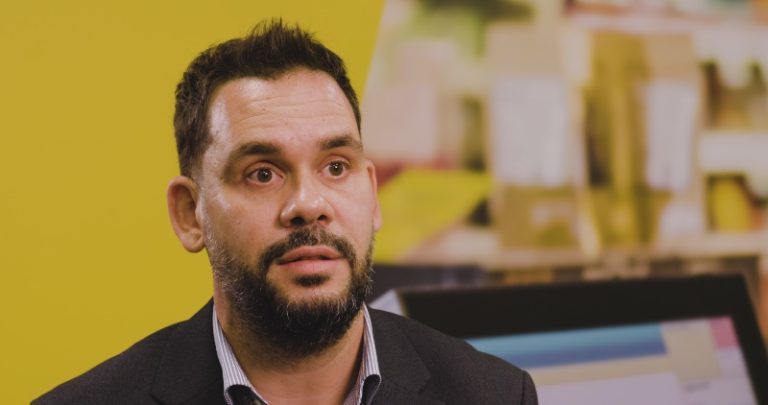How to get back on your feet when things go wrong
How to get back on your feet when things go wrong

Everyone has experiences in their life when things don’t go to plan. Here's how to get back on track and boost your resilience.
1. Focus on what you can control
Don’t beat yourself up about things you can’t change – dwelling on regrets or blaming others is not going to make a difference. Some things are just out of your hands. Instead, put your energy into things you can control or where your actions can make a difference. Even in extreme situations, you often have a choice about how you respond. Try making a plan or listing positive steps to help you feel in the driving seat.
2. Take the time you need
Setbacks are usually temporary. This means the way you feel now is unlikely to last and you’ll see things differently in the future. Be kind to yourself – in some situations, you may want to bounce back straight away. In others, you’ll come back stronger if you take some time out.
“Remember that not getting what you want is sometimes a wonderful stroke of luck.” Dalai Lama
3. Look for opportunities
This is your chance to pause, reflect and explore new possibilities – you might end up on a better path than the one you were on before. What you can learn from or do differently? Can you use anything in another way? What can you fix? The inventor of the post-it note was trying to create a super-strong glue. Can you use an aspect of your current situation to take you in another direction?
There’s no point in plugging away at something that’s just not working. Instead, refine as you go, and consider when it might be time to start afresh. Sometimes you have to let go of things to open new doors.
4. Keep connected
Staying out there may be the last thing you want to do, but it can really help you get back on track. Thinking of others is good for your general wellbeing and can make you see your own situation differently too. If your plans have fallen through, tell people you know – they may be aware of opportunities you haven’t heard about. And if you need to talk to someone, there are plenty of people ready to listen, including at these helplines.
5. Get some perspective
When things go wrong, it’s easy to think it’s all your fault. But the cause is more likely to be an unfortunate mix of factors. Say you slipped over. Perhaps it was because it was raining, your shoe soles were worn, you were tired, and the pavement was uneven. It’s not because you were clumsy.
Imagine how an outsider might see the situation. How would you view the same thing happening to someone else? What feels like a big deal to you, others may not even notice.
The media often show only part of the picture – the triumphs, not the slog that goes before. (Joe Wicks has a great short video: My Ten Year Overnight Success). Try zooming out and looking at your situation as part of a bigger, ongoing story instead.
6. Find a positive angle
Learning to frame situations in a positive way can make a big difference to how you feel.
When it comes to job interviews, decisions often come down to how a candidate might fit with the existing team. If you don’t get the job, rather than thinking, ‘I’m rubbish,’ saying ‘Perhaps that’s not the right team for me,’ or ‘What could I do differently next time?’ is a much more positive outlook.
7. Play to your strengths
There’s no one-size-fits-all approach to dealing with setbacks. Understanding what you’re like can help you find solutions that work best for you. If you get your energy from being around others, then brainstorming ideas with a group of friends may work for you. If you’re more inward-looking, you may prefer to research options on your own.
8. Have a back-up plan
Think ahead and try and have a plan B to fall back on. Having other options to hand means you can also avoid making rushed decisions. For example, what might you do if you don’t get your expected A-level grades? Thinking through possibilities in advance will put you on the front foot should you have a disappointing results day.
9. Identify what's holding you back
It’s easy to think of reasons not to do something. Working out which are real barriers and which are just excuses can help you move on. Perhaps you’re hesitant about a new course because the college seems far away? Check out public transport options – journey times can be shorter than you think. Could you use your travel time for study, leaving you with more free time at home? Or could you get help with travel costs? Or is it really the course – and not the travel – that you’re unsure about?
10. Start small
Your next step doesn’t have to be big. Sometimes a small change can become a major turning point. When other people talk about their careers, it can seem as if everything was part of a grand plan. This is rarely true. Looking back, people make connections between events they didn’t see at the time, and forget about the other things that now don’t fit their story. Try just going with something and see where it takes you – the most unlikely actions can be the start of something really exciting.
Find out more
Oops! How to deal with mistakes
A-level results – what next? A guide to your options if your results are better or worse than expected – or if you’re just having second thoughts.





